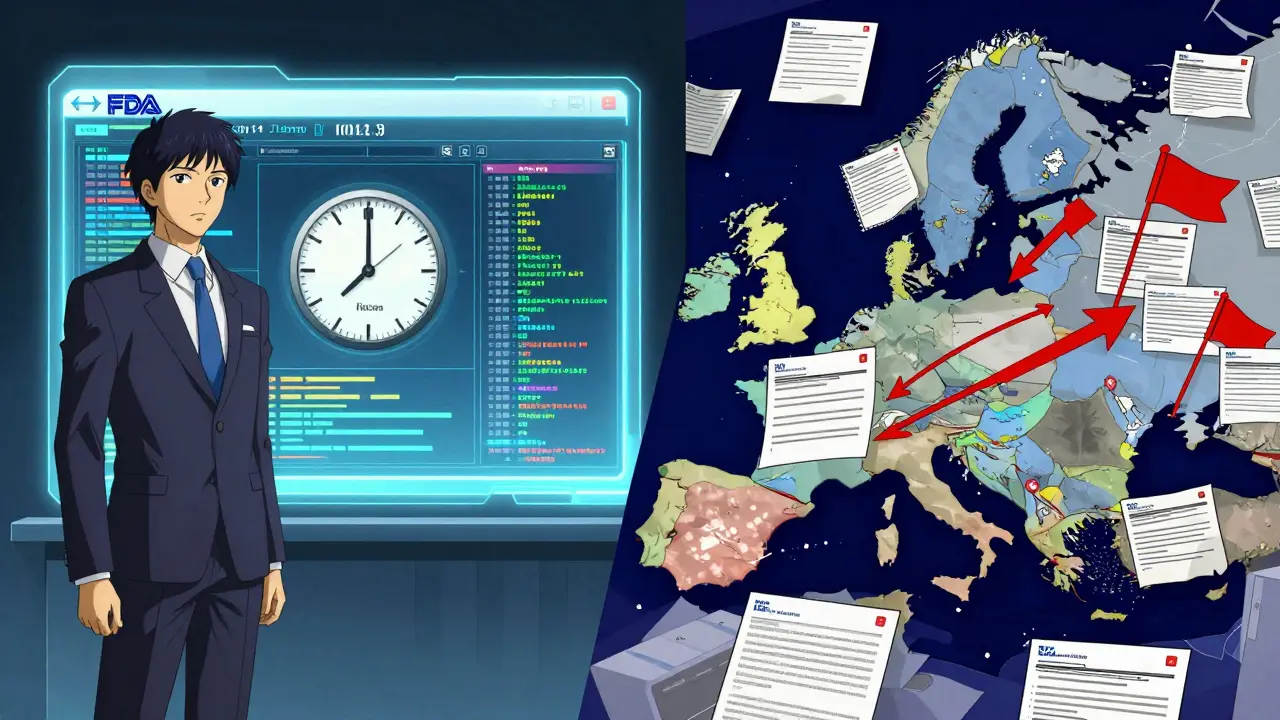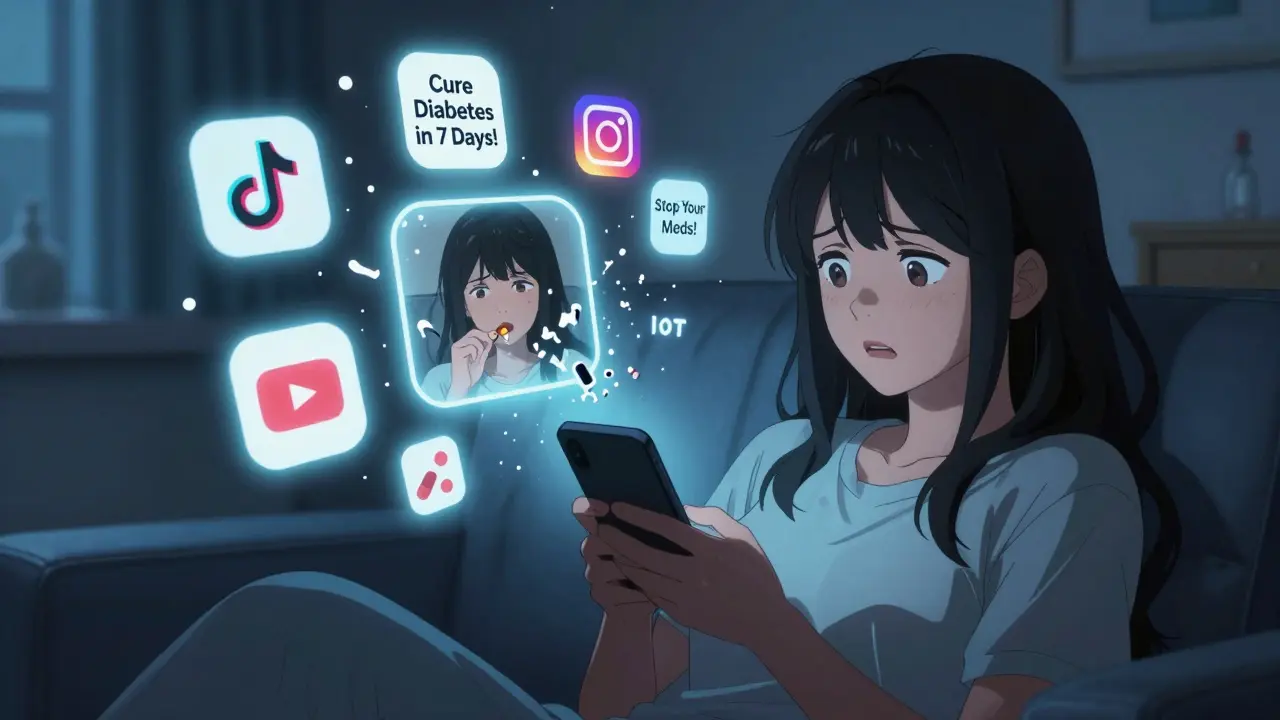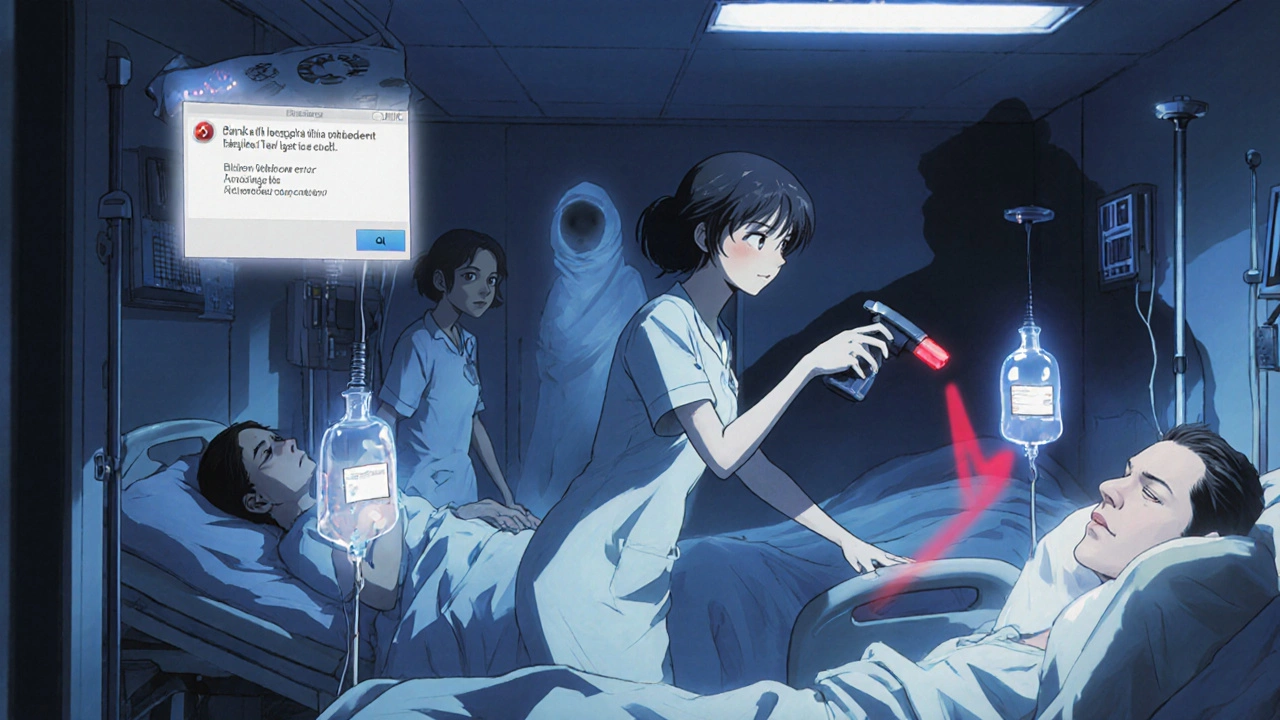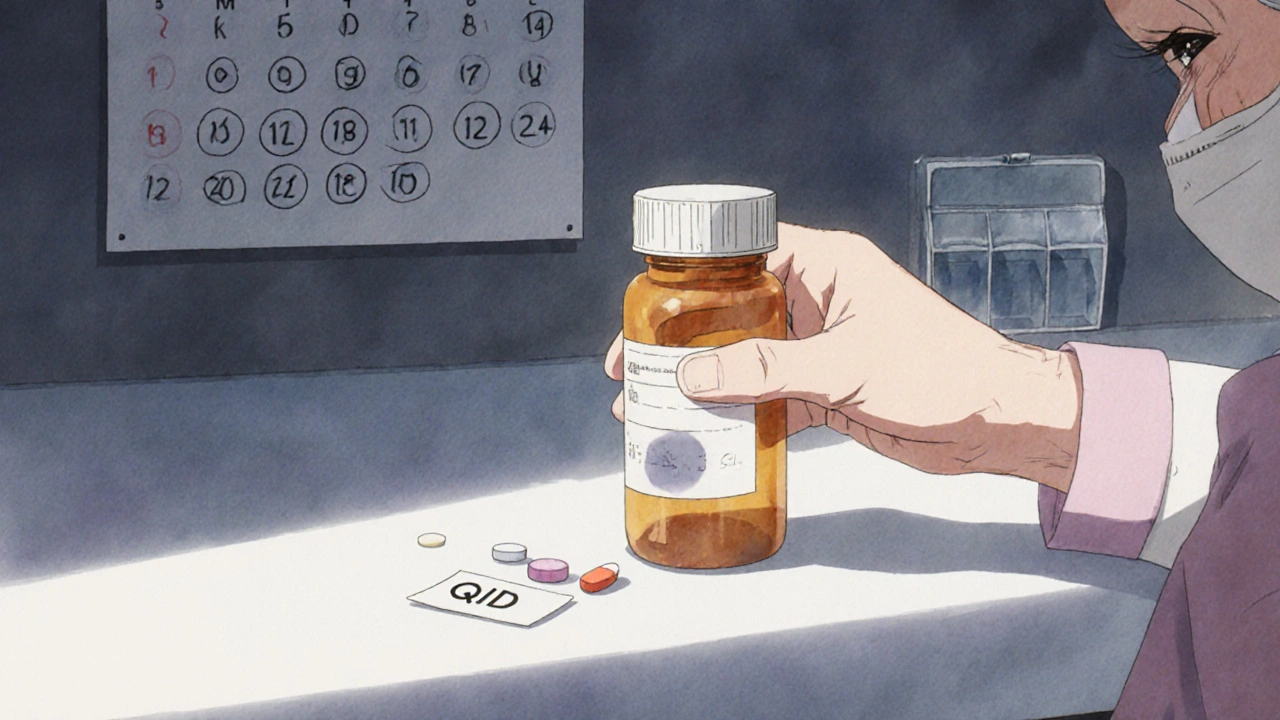Medication Safety: Protect Yourself from Harmful Drugs and Online Risks
When you take a medication safety, the practice of using drugs correctly to avoid harm while maximizing benefit. Also known as drug safety, it’s not just about following the label—it’s about knowing what your pills might be doing to your brain, liver, and heart long-term. Too many people think if a drug is prescribed or sold online, it’s safe. That’s not true. anticholinergic burden, the cumulative effect of drugs that block acetylcholine in the brain from common allergy meds, sleep aids, and bladder pills can quietly damage memory in older adults. Studies show people taking three or more of these drugs have a 50% higher risk of dementia over five years. And it’s not just seniors—sleep aids like zolpidem or diphenhydramine can mess with your thinking even if you’re 30.
online pharmacy risks, the dangers of buying drugs from unverified websites are rising fast. Fake sites sell fake Aldara, fake Metformin, even fake insulin. These aren’t just ineffective—they can be deadly. One batch of counterfeit insulin once caused 12 hospitalizations in Australia because it had no active ingredient. Buying meds online isn’t illegal if you have a prescription, but it’s risky unless you verify the pharmacy is TGA-approved or licensed in your country. Always check for a physical address, a real phone number, and a licensed pharmacist you can talk to before you click buy.
Then there’s insulin allergy, a rare but serious immune reaction to insulin injections. Most people think side effects like swelling or itching are normal. But if your skin turns red, swells up, or you feel dizzy after an injection, it could be an allergic reaction—not just irritation. Some people need to switch insulin types, get desensitization shots, or even carry an EpiPen. And don’t ignore it. What starts as a rash can turn into anaphylaxis.
Medication safety also means knowing when a drug isn’t needed at all. Trimethoprim for bronchitis? Most cases are viral—antibiotics won’t help and might cause dangerous side effects like liver damage or severe rashes. Guaifenesin for mucus? That’s fine. But stacking it with other cough syrups? You could overdose on acetaminophen without realizing it. And then there’s the slow burn: drugs like minocycline or triamcinolone that seem harmless short-term but can wreck your gut, bones, or kidneys over years.
What you’ll find here isn’t just a list of drug names. It’s a practical guide to spotting the quiet dangers most doctors don’t mention. You’ll learn how to read between the lines of your prescription, how to check if an online pharmacy is real, which common meds are secretly hurting your memory, and what to do if you react to insulin. These aren’t theoretical risks—they’re real stories from people who thought they were doing everything right. And if you’re buying meds online, managing diabetes, caring for an older relative, or just tired of being told to "just take the pill"—this collection gives you the tools to ask better questions and stay safe.

When to Accept vs Address Medication Side Effects: Making Smart Choices
Learn when to tolerate medication side effects and when to seek help. Understand mild vs dangerous reactions, how to track symptoms, and what doctors actually do to fix them.

Drug Interaction Issues: When Generics Interact Unexpectedly
Generic drugs are just as safe as brand-name ones, but unexpected side effects can come from inactive ingredients - not the active drug. Learn how to spot real interaction risks and avoid unnecessary fear.

Global Medication Safety: How Different Countries Regulate Drugs
Different countries regulate drugs in wildly different ways-leading to safety gaps that affect millions. Learn how the FDA, EMA, TGA, and others compare, and why global medication safety still falls short.

How to Recognize Unsafe Medication Advice on Social Media
Learn how to spot dangerous medication advice on social media. From fake cures to influencer scams, discover the red flags and trusted sources that can keep you safe.

Early Warning Signs of Dangerous Medication Side Effects: What to Watch For
Learn the early warning signs of dangerous medication side effects that can turn life-threatening within hours. Know when to call 911, what symptoms to track, and who’s at highest risk.

Topical vs. Oral Meds: Systemic Absorption and Safety
Topical meds deliver pain relief with far less risk than oral pills. Learn how systemic absorption differs, why topical NSAIDs are safer for most people, and when you still need pills.

Medication Errors in Hospitals vs. Retail Pharmacies: What You Need to Know
Medication errors are common in both hospitals and retail pharmacies, but they differ in frequency, type, and impact. Learn how errors happen, why they’re dangerous, and what you can do to protect yourself.

QD vs. QID: How Prescription Confusion Leads to Dangerous Medication Errors and How to Stop It
QD and QID are dangerous prescription abbreviations that cause deadly medication errors. Learn how mixing up once daily and four times daily leads to overdoses-and what you and healthcare providers can do to stop it.
